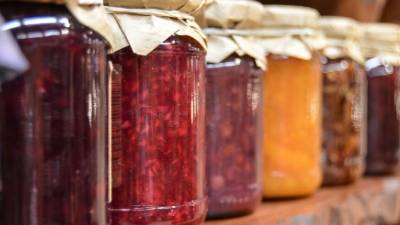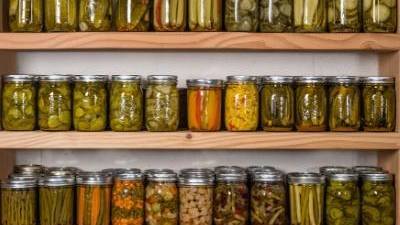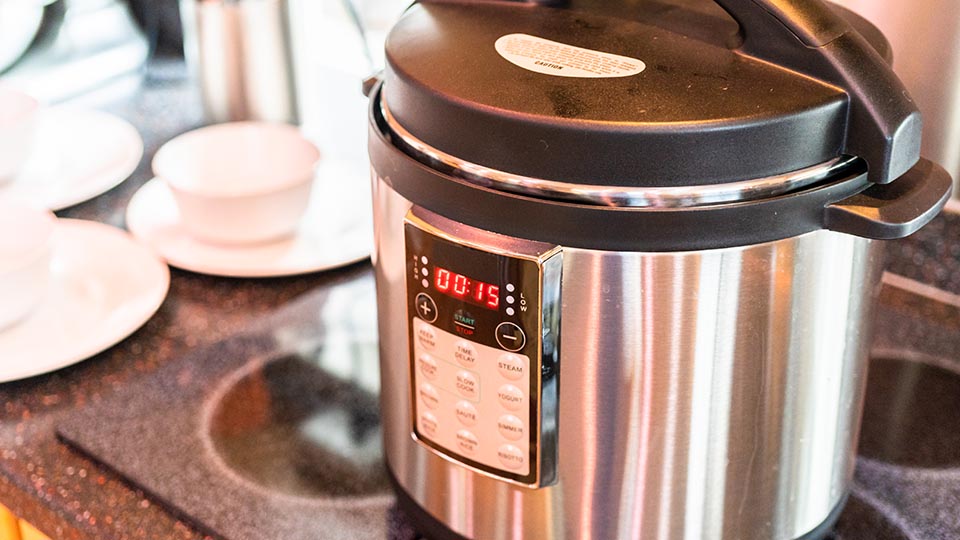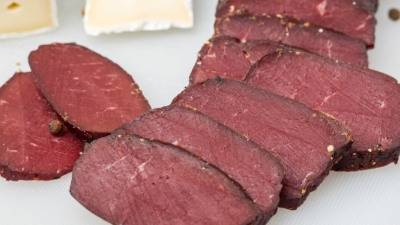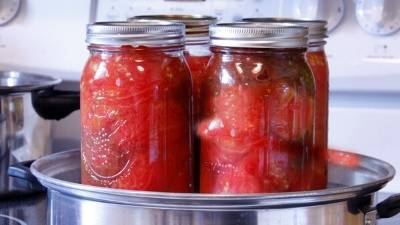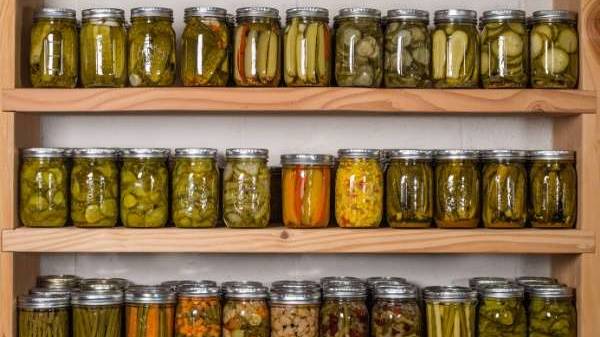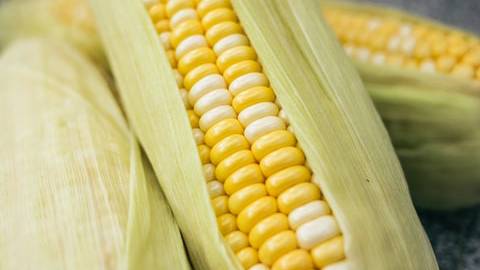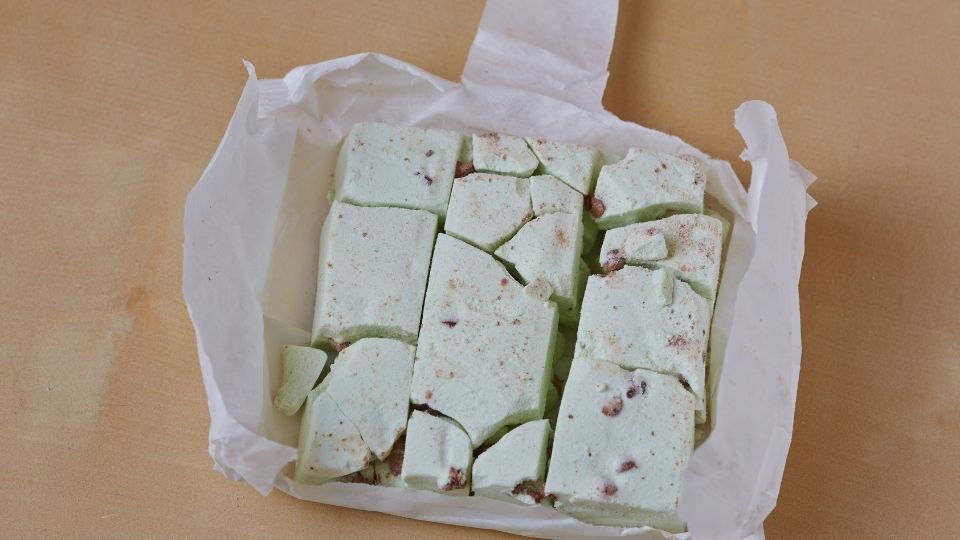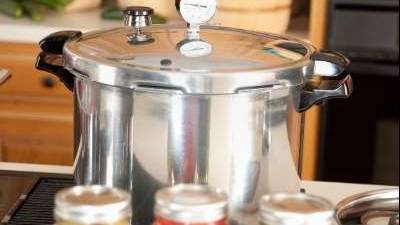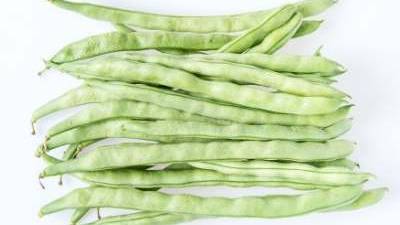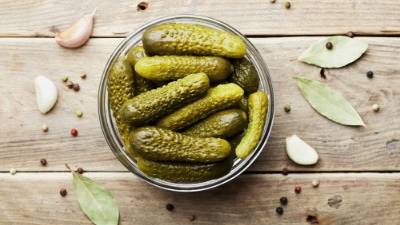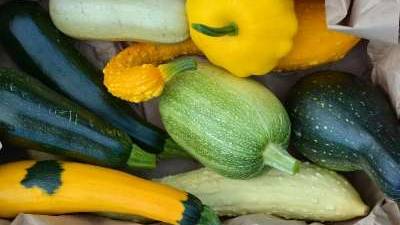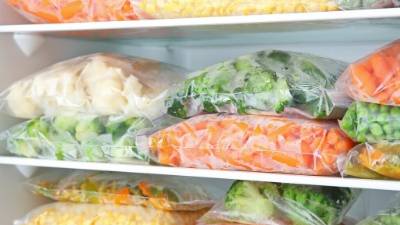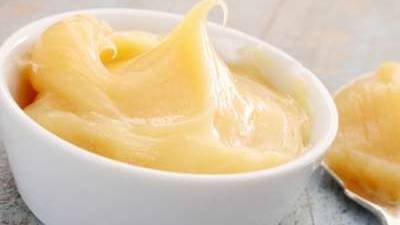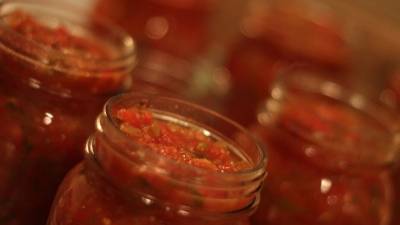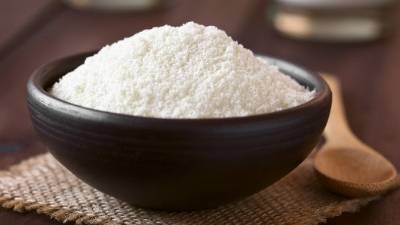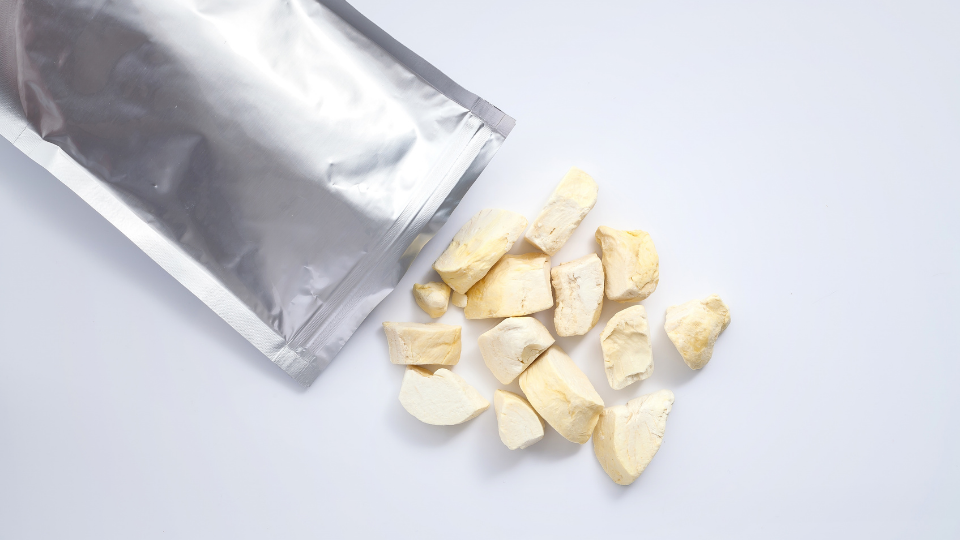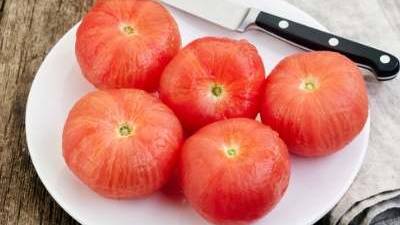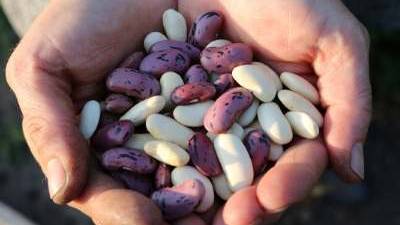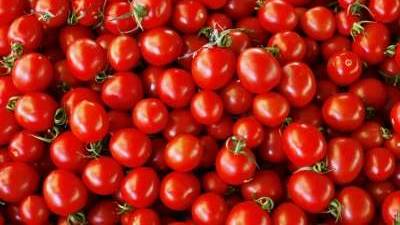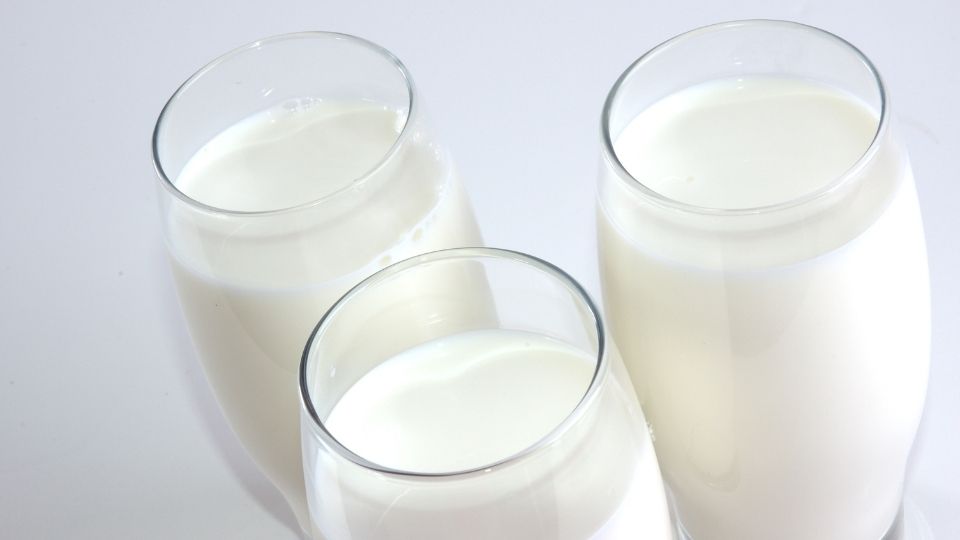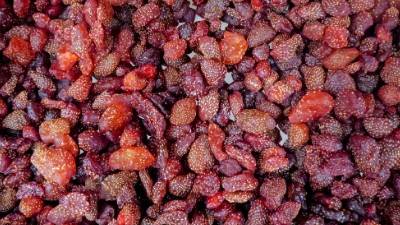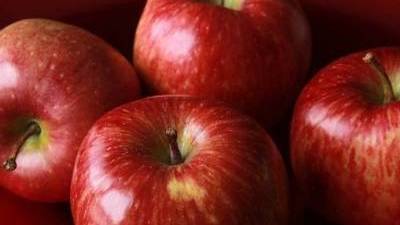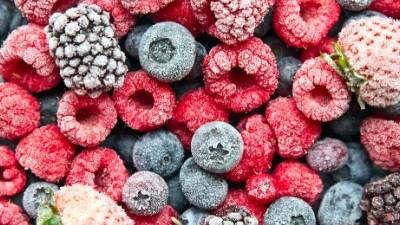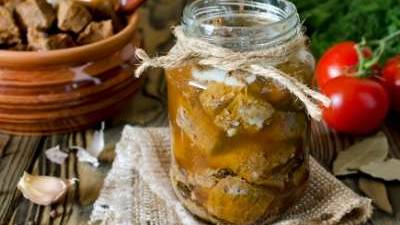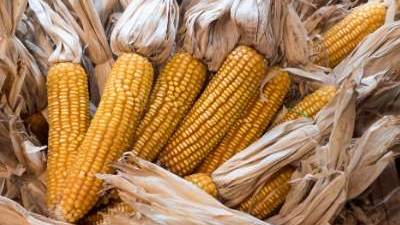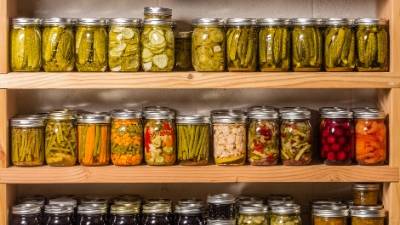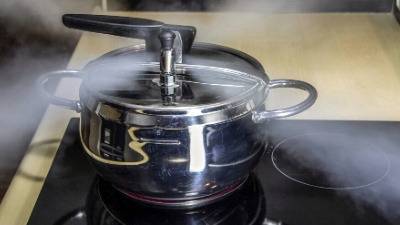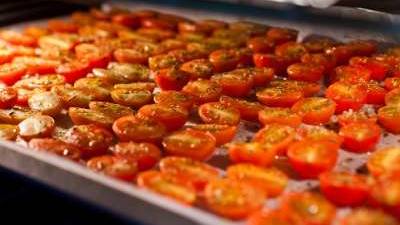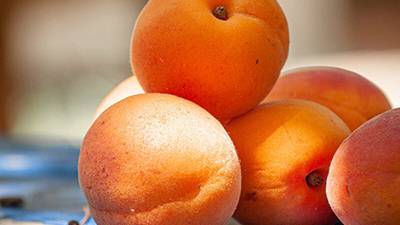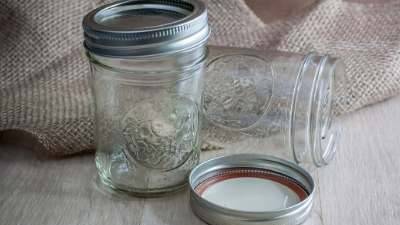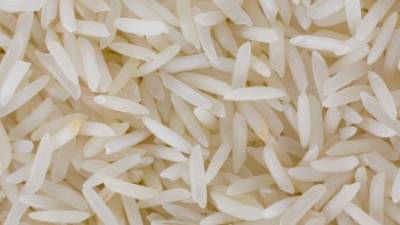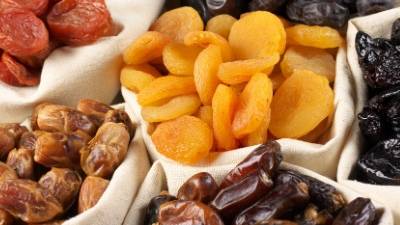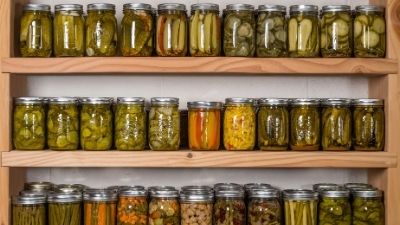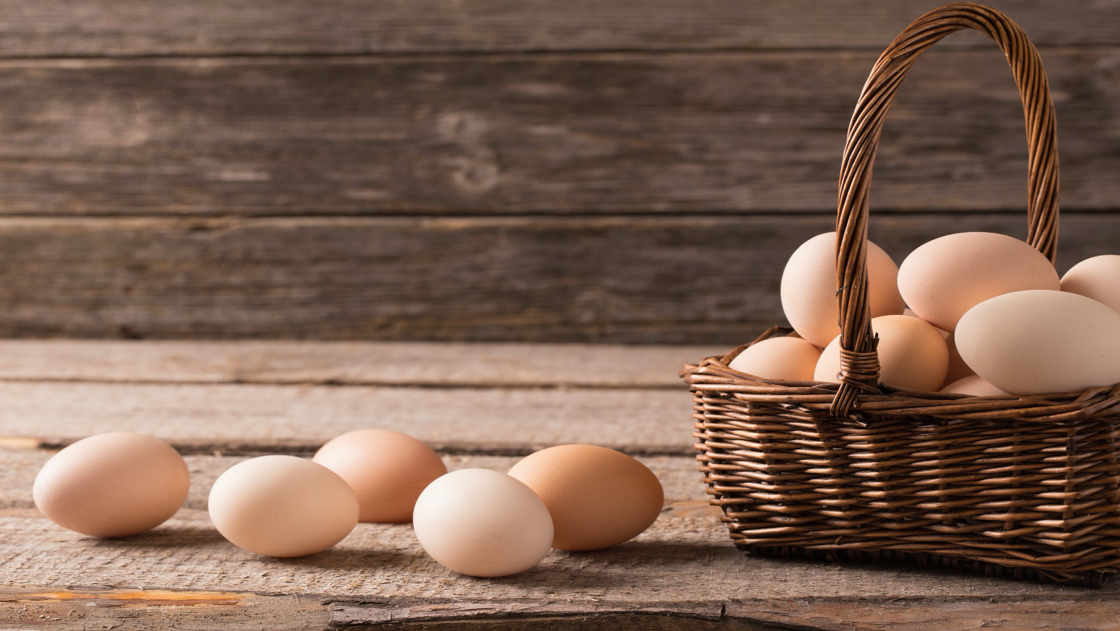Preserve The Harvest Research
Search by food or topic below.
Reduced Sugar and Sugar-free Food Preservation
Only in recent years has the amount of sugar consumed in the American diet been questioned. About half of the total energy consumed in the average U.S. diet is from carbohydrates.
Avoiding Common Canning Mistakes
Avoid these ten potentially deadly canning mistakes, as well as other food-specific mistakes that you'll want to avoid. This will keep your food fresh, healthy, and safe to eat.
Why Electric Pressure Cookers Are Not Pressure Canners
Electric Programmable Pressure Cookers, such as the "Instant Pot, are being used for small batch pressure canning. This fact sheet explains research showing why this is a food safety hazard, with a high risk of producing home canned foods that could devel...
Drying Meat
Making jerky safely requires either the use of curing salts (containing nitrite) or enough heat in an oven or dehydrator so that the heat will kill organisms before they multiply.
U.S.U. Steam Canning - position statement
Due to the lack of definitive research into the safety of steam canning the Utah State University Extension program currently agrees with the present USDA and National Center for Home Food Preservation recommendation against usin
Storing Wheat
Article on storing wheat from Utah State University Extension.
Cooking Food Storage
Some essentials are needed to cook with the main food staples in long term food storage. These mostly are used to make breads from stored grains. The cooking essentials include salt, baking powder, baking soda, and yeast.
How to Preserve Pears
The most popular variety is Bartlett pears available the first two weeks in September in Utah. If they are to be transported or not processed immediately, pick while slightly green and allow them to ripen in a cool, dark place.
How to Preserve Corn
How to dry, bottle and freeze corn by Utah State University Extension faculty.
Buying a Home Freeze-Dryer: What to Know Before You Go
Freeze-dried foods are extremely popular among backpackers and culinary masters, and now freeze-dryers are available for home use. But is a home freeze-dryer the appliance for you? Here is some information designed to cut through the advertising hype and ...
Principles of Pressure Canning
This article discusses the basic principles of pressure canning.
How to Preserve Chiles
Did you know that there are many ways to preserve your chiles? This resource offers the resources you need to learn how to freeze, can, dry, and store your chiles!
How to Preserve Zucchini
USU Extension has the resources for you to prepare, freeze, steam, can, pickle, dry, and store your zucchini!
How to Preserve Pomegranates
Pomegranates are great for canning, freezing, storing, and more! USU Extension has the resources to guide you through the process, as well as teach you how to make syrup and jelly.
How to Preserve Pole and Bush Beans (Green Beans & Wax Beans)
There are many good bean varieties for sale in local gardening outlets and through seed catalogs. Most grow well in Utah. Pod shape, size, and color vary among varieties. Here is a list of some potential varieties and plant types that have performed well ...
How to Preserve Peaches
The process of selection, preparation, freezing, canning, drying, and storage of peaches to enhance preservation and storage.
How to Preserve Berries
Learn how to safely preserve berries through a variety of methods, such as canning, freezing and other methods.
Canning Bread and Cake is Unsafe
Since 2000, Extension has been warning consumers about canning cakes and breads. While this process has much appeal, it does not destroy the organism that causes botulism.
How to Preserve Grapes
Learning how to select, can, freeze, dry, and store grapes doesn't need to be complex! USU Extension has all of the resources that you need to preserve your grapes in the way that you prefer to do so.
Getting Crisp Home Pickled Vegetables
Crispness is a hallmark of a good pickled vegetable. That crispness comes from the vegetable’s natural pectin.
How to Preserve Summer Squash
Most varieties of summer squash do well throughout Utah. All squash prefer organic, rich, well-drained, sandy soils for best growth.
Principles of Boiling Water Canning
It is known that heat at the temperature of boiling water can destroy “almost” all microorganisms - yeast, molds, and most bacteria - are easily killed at this temperature. The only microorganisms that survive are the bacteria that form protective spores,...
Cook Surface Precautions for Home Canning
Extra precautions must be taken when canning on surfaces such as a camp cooker or a smooth cook-top.
Vegetable Freezing Methods
Choose fresh, tender vegetables. The fresher the vegetables, the more satisfactory the final product. Tips on selecting, preparing, and freezing vegetables.
How to Preserve Cherries
Learn how to preserve cherries through a variety of methods such as freezing, canning, and drying. Also find recipes for cherry pie filling, cherry raisins, jam, and more.
Pressure Canning Hydrated Wheat
Understanding when hydrated wheat is ready to use is very important. This resource offers insight into safe instructions to do so.
How to Preserve Venison
Preparing and handling venison comes in a variety of important steps! This resource offers instructions and information on canning, handling, drying, recipes, storage, and more!
Food Storage Conditions
Moisture and temperature are the two critical factors in optimal food storage. Moisture - the humidity in the storage environment should be low. If dried foods pick up moisture from the storage area, molds and bacteria can grow. This can lead to spoilage ...
Storing Sugars
Sugars are simple carbohydrates that provide an excellent source of calories for energy. Sugars also add the sweet taste to many of our most delicious foods. Sugar can be stored in dry form (crystals) or in a liquid form (syrup –including maple syrup).
Canning Lemon Lime Curd
Learn how to the traditional British dessert of lemon curd. Canned, it has a shelf life of 3 to 4 months. If you don't mind the darkening that occurs, it can last up to 1 year.
Canning Salsa
Canning salsa is a great way to use your tomatoes. Learn how to correctly and safely can salsa with this approved recipe.
Storing Dried Milk
Non-fat dried milk (NFDM) is suitable for short and long term emergency food storage. It is made from non-fat, grade A, milk that has been dried by spraying into hot air or heated on a drum. The process removes nearly all of the water prohibiting the grow...
Freeze Drying: Essential and Nice-to-have Tools and Supplies
Congratulations! You are now the owner of a new freeze-dryer; or you are ready to make the purchase! While the freeze dryer itself is a major investment in food preservation equipment, you will want to make certain you are prepared with a few other items ...
Home Drying Foods
The proper methods of drying are one of these four methods: Air drying, sun drying, oven drying, or dehydration. Learn how to properly do each of these methods.
Storing Dry Beans
Legume (Bean) varieties such as: Adzuki, Black, Black-eyed, Black Turtle, Garbanzo, Great Northern, Kidney, Lentils, Lima, Mung, Navy, Pink, Pinto, Small Red, Soy, and Split-pea can all be dried and stored.
How to Preserve Tomatoes
Learn how to safely preserve tomatoes through a variety of methods, such as canning, freezing and other methods. Also find recipes to use while preserving tomatoes, such as tomato juice or tomato sauces.
Tips to Safely Ferment at Home
Fermenting foods is perhaps the oldest food preservation method and has grown in popularity in recent years due to their touted “gut”, probiotic, and other additional health benefits. Fermenting at home is an inexpensive way to control what goes inside yo...
Home Drying Foods
Learn the value of drying foods at home, the nutrition that you will have from dried foods, and how to set yourself up for success while drying.
How to Preserve Apples
Apples are a favorite fruit of many people for eating out of hand, in fresh salads, or in a wide variety of cooked products. Here's how to preserve Apples
Fruit Freezing Methods
Freezing is a simple, quick way to preserve foods. Fruits freeze well and retain their distinct fruit flavor. Texture is usually softened somewhat by freezing, but serving partially frozen fruit with ice crystals will compensate for texture changes.
Canning Meats, Poultry, and Seafood
Follow specific proper canning guidelines for chicken, beef, seafood, and others. These guidelines will ensure your food is safe to eat.
Testing Foods for Dryness
You can determine when the product is dry by feel or by calculation of the amount of water remaining in the product.
Storing Water
If the supply of safe water is cut off during an emergency, it is important to have water stored. Learn how to store water safely and where you can find an emergency source if needed.
Storing Canned Goods
Canned foods can either be purchased commercially or home canned. Home canned foods should be canned using research-tested recipes and processes like those found in the USDA Complete Guide to Canning or in Extension publications.
Vegetable Canning Methods in the Pressure Cooker
Canning never improves the quality of the food you are preserving. Come learn the general guidelines for best results when canning vegetables.
Home Drying Foods
The proper methods of drying are one of these four methods: Air drying, sun drying, oven drying, or dehydration. Learn how to properly do each of these methods.
How to Preserve Apricots
Instructions on preserving apricots from USU Extension.
Food Storage Packaging Methods
A few packaging methods for your food storage and food that is being preserved. Methods including foil pouches, glass canning, and plastic bottles are discussed.
Hazardous Food Preservation and Storage Advice
Lately, some people have been advocating some very potentially hazardous food preservation and storage practices on foods meant for room temperature storage.
Storing White Rice
White rice, more commonly known as polished rice is a main food source for over half of the world’s population. Rice is an excellent addition to home food storage because it’s versatile, high caloric value, and long shelf life. Families should store about...
Conditioning or Curing of Dried Fruits and Vegetables
Pieces of food taken from the drying trays are not always uniformly dry. To condition, place cooled dried fruit loosely in large plastic or glass containers, about two-thirds full.
Food Storage in Home
A food storage program is essential to provide for ourselves and our family members in an emergency. The biggest motivator most adults have is to avoid hearing a hungry child cry. Even the most “macho” man is distraught if he cannot provide food or bevera...
Storing Eggs Safely
Storing eggs safely is important for your health and that of your family.


